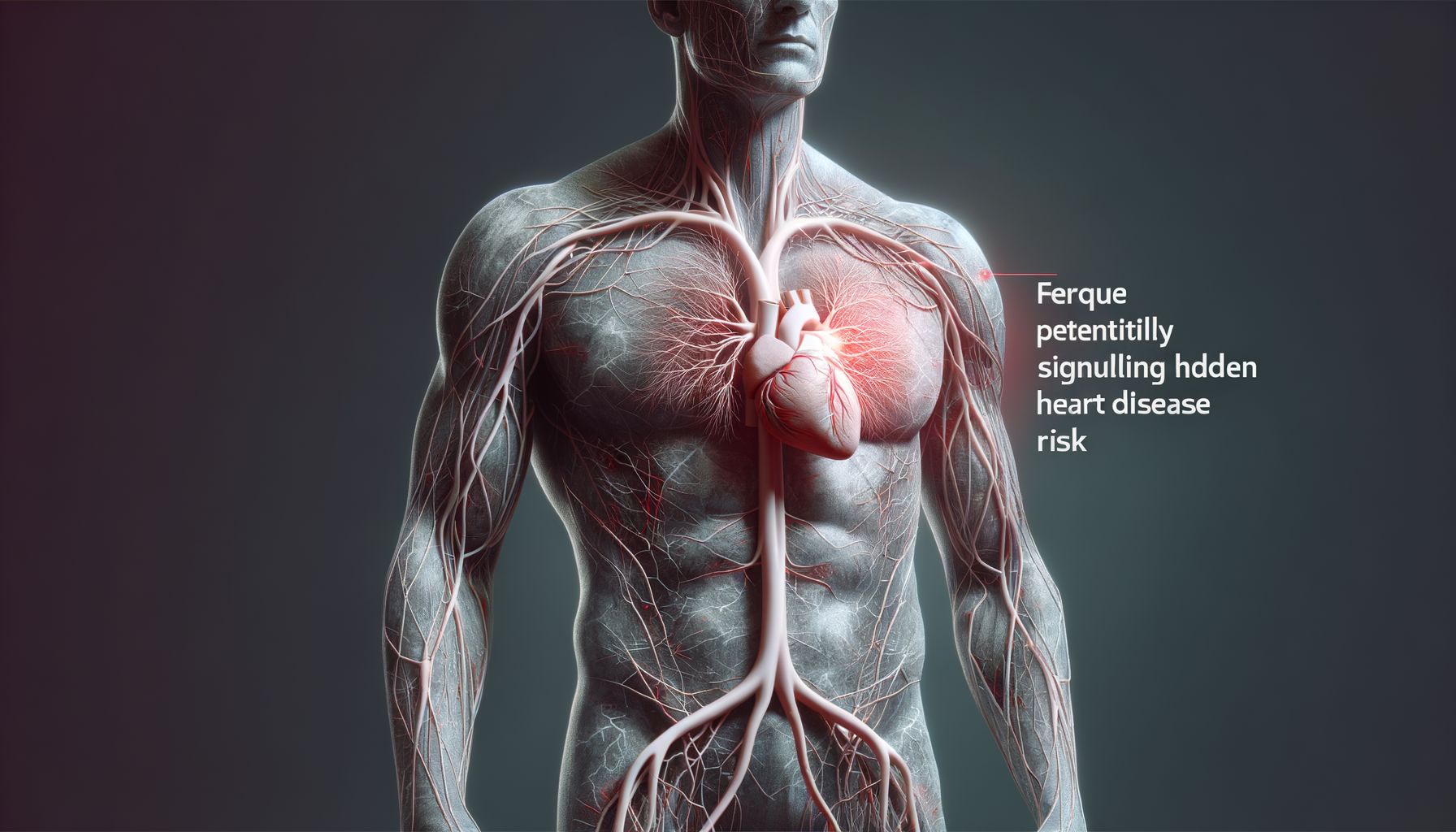Introduction: The Overlooked Symptom
Fatigue is a common complaint that many people experience, often attributing it to stress, lack of sleep, or a busy lifestyle. However, what if this persistent tiredness is more than just a temporary inconvenience? Recent studies suggest that fatigue could signal hidden heart disease risk. Understanding this connection is crucial, as it can lead to early diagnosis and treatment, potentially saving lives.
Fatigue and Heart Disease: Understanding the Connection
The link between fatigue and heart disease is not always immediately apparent. Fatigue can be a subtle symptom of underlying cardiovascular issues, such as coronary artery disease or heart failure. When the heart is unable to pump blood efficiently, the body’s tissues and organs do not receive the oxygen and nutrients they need, leading to a feeling of exhaustion. This is why fatigue could signal hidden heart disease risk, as it often precedes more obvious symptoms like chest pain or shortness of breath.
Several studies have highlighted this connection. For instance, research published in the Journal of the American College of Cardiology found that individuals reporting unexplained fatigue were more likely to have undiagnosed heart conditions. Therefore, recognizing fatigue as a potential warning sign can prompt further investigation and timely intervention.
Identifying the Signs: When to Seek Medical Advice
While occasional tiredness is normal, persistent fatigue that does not improve with rest should not be ignored. It’s important to recognize when fatigue could signal hidden heart disease risk. Here are some indicators that warrant medical attention:
- Fatigue that lasts more than a few weeks
- Accompanied by other symptoms such as chest discomfort, palpitations, or dizziness
- Interferes with daily activities and quality of life
If you experience these symptoms, consulting a healthcare professional is essential. They can conduct tests to determine if an underlying heart condition is present and recommend appropriate treatment.
Preventive Measures: Reducing Your Risk
Understanding that fatigue could signal hidden heart disease risk empowers individuals to take preventive measures. Here are some strategies to reduce your risk:
- Maintain a healthy diet rich in fruits, vegetables, and whole grains
- Engage in regular physical activity to strengthen the heart
- Monitor blood pressure and cholesterol levels regularly
- Avoid smoking and limit alcohol consumption
By adopting these lifestyle changes, you can improve your heart health and potentially prevent fatigue related to cardiovascular issues.
Conclusion: Taking Action for Heart Health
Fatigue is more than just a sign of a busy life; it could be an early warning sign of heart disease. By understanding that fatigue could signal hidden heart disease risk, individuals can take proactive steps towards better heart health. Early detection and lifestyle changes can make a significant difference in preventing serious cardiovascular events. If you experience persistent fatigue, consider discussing it with your healthcare provider to rule out any underlying heart conditions. Your heart’s health is worth the attention.




Leave a Reply